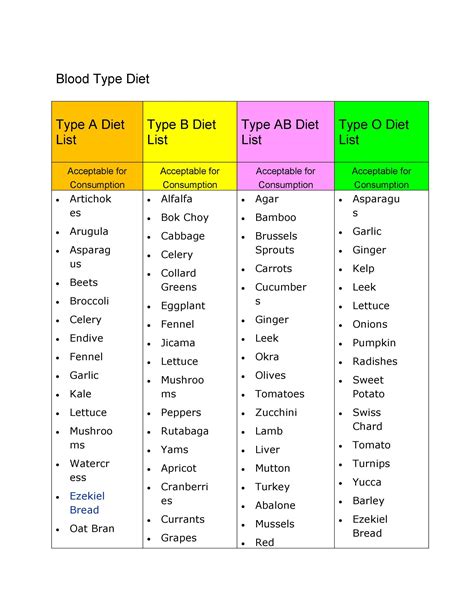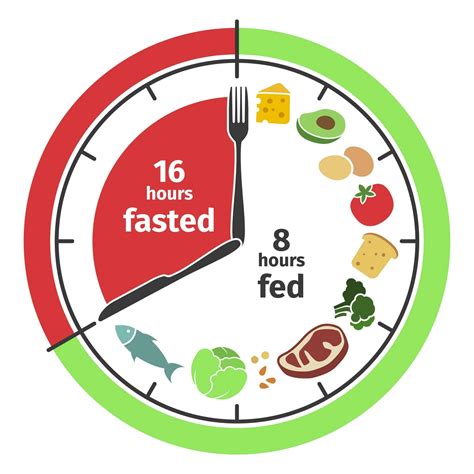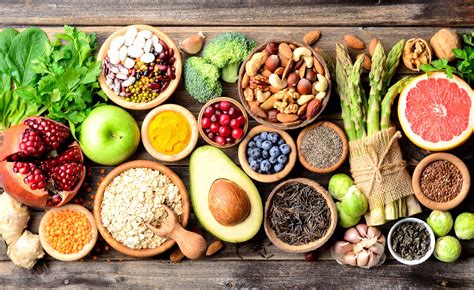Discover the key principles, benefits, and foods to include in the orthopathy diet. Get tips for following this healthy eating approach.
Understanding Orthopathy Diet
Contents
Understanding Orthopathy Diet
Orthopathy Diet is a nutritional approach that focuses on consuming foods in their most natural and unprocessed form. The main principle of this diet is to eat foods that are closest to their natural state, in order to provide the body with the most nutrients and energy. This means cutting out processed and refined foods, and instead opting for whole grains, fresh fruits and vegetables, lean proteins, and healthy fats.
The Orthopathy Diet is also known for promoting the consumption of organic and locally sourced foods, as these are believed to be free from harmful chemicals and pesticides. By following this diet, individuals aim to support their overall health and well-being, as well as reduce their environmental impact.
One of the key principles of the Orthopathy Diet is the belief that the body has the ability to heal itself through proper nutrition. This means that by providing the body with the right nutrients and avoiding harmful substances, individuals can promote their body’s natural healing processes and prevent illness and disease.
Furthermore, the Orthopathy Diet encourages mindful eating and listening to the body’s hunger and fullness cues. By paying attention to how different foods make them feel, individuals can make more informed choices about their diet and overall well-being.
In summary, Orthopathy Diet emphasizes consuming natural, whole foods and promoting the body’s innate ability to heal itself through proper nutrition. This approach can support overall health, reduce the risk of illness, and promote a more sustainable way of eating.
Key Principles of Orthopathy Diet
When it comes to the Orthopathy Diet, there are several key principles that form the foundation of this approach to eating. One of the primary principles is the belief that the body has an inherent wisdom to heal itself, and that by providing it with the right nutrients and avoiding harmful substances, it can maintain optimal health. This diet also emphasizes the consumption of whole, natural foods, such as fruits, vegetables, whole grains, and legumes, while minimizing processed, refined, and artificially altered foods.
Another key principle of the Orthopathy Diet is the idea that proper food combining is essential for efficient digestion and nutrient absorption. This means that certain foods should be eaten together, while others should be eaten separately, in order to prevent digestive issues and optimize the body’s ability to extract nutrients from the food consumed. In addition, this diet promotes the importance of listening to the body’s signals of hunger and fullness, and eating in accordance with natural hunger cues.
Furthermore, the Orthopathy Diet places a strong emphasis on the quality of the food consumed, prioritizing organic, locally sourced, and minimally processed options. It also encourages individuals to be mindful of the environmental impact of their food choices and to prioritize sustainable and eco-friendly options when possible. In addition, this diet discourages the consumption of substances such as alcohol, caffeine, and tobacco, as well as the use of artificial additives, preservatives, and synthetic ingredients.
Overall, the Orthopathy Diet is rooted in the principles of natural, whole food nutrition, mindful eating, and sustainable food choices. By following these principles, individuals can support their body’s natural ability to heal, maintain optimal health, and minimize the risk of chronic disease.
Benefits of Orthopathy Diet
Benefits of Orthopathy Diet
Following an Orthopathy Diet has numerous benefits for overall health and well-being. One of the key benefits is that it focuses on consuming natural, whole foods that are rich in essential nutrients. This promotes better digestion, improved energy levels, and supports the body’s natural detoxification processes.
Another benefit of the Orthopathy Diet is its emphasis on reducing processed and refined foods, which are known to contribute to inflammation, obesity, and various chronic diseases. By avoiding these unhealthy options and instead focusing on fresh fruits, vegetables, and whole grains, individuals following this diet may experience weight loss, lower cholesterol levels, and reduced risk of heart disease.
In addition, the Orthopathy Diet encourages the consumption of organic and locally sourced foods whenever possible. This not only supports sustainable agriculture and reduces environmental impact, but it also ensures that individuals are getting the highest quality, nutrient-dense foods.
Other benefits of the Orthopathy Diet include improved mental clarity, better skin health, and a reduced risk of digestive issues. By prioritizing natural, nourishing foods and avoiding processed, artificial ingredients, individuals can support their body’s overall health and well-being.
| Benefits of Orthopathy Diet |
|---|
| Promotes better digestion and energy levels |
| Supports natural detoxification processes |
| Reduces risk of chronic diseases |
| Encourages sustainable and environmentally friendly food choices |
| Improves mental clarity and skin health |
Foods to Include in Orthopathy Diet
When following an Orthopathy diet, it is important to focus on consuming whole, natural foods that are minimally processed. This means that fresh fruits and vegetables should make up a large portion of your daily food intake. Including a variety of colorful fruits and vegetables in your diet not only provides essential vitamins and minerals, but also antioxidants that can help reduce inflammation in the body.
Additionally, including a variety of whole grains such as quinoa, brown rice, and oats can provide a good source of fiber and essential nutrients. These grains can help regulate blood sugar levels and promote digestive health. Organic and non-processed meats, such as grass-fed beef and free-range poultry, can also be included in an Orthopathy diet to provide essential proteins and healthy fats.
Healthy fats such as avocados, nuts, and seeds are also important components of the Orthopathy diet. These fats can help reduce inflammation and promote heart health. Including omega-3 fatty acids from sources such as salmon and flaxseeds can also be beneficial for brain function and overall well-being.
Lastly, it is important to include a variety of plant-based proteins such as beans, lentils, and tofu in an Orthopathy diet. These protein sources are rich in fiber and essential nutrients, and can provide a sustainable source of energy throughout the day.
Tips for Following Orthopathy Diet
Orthopathy diet is a therapeutic approach to nutrition and health that focuses on consuming natural, whole foods in their most natural state. It is based on the understanding that the body has the innate ability to heal itself when provided with the right nutrients and environment. Here are some tips for following an Orthopathy diet:
1. Incorporate fresh, organic foods: Choose organic fruits, vegetables, and meats whenever possible to avoid exposure to pesticides, hormones, and other harmful substances.
2. Avoid processed and refined foods: Stay away from foods that are highly processed or refined, such as white bread, sugary snacks, and fast food. These foods lack essential nutrients and can disrupt the body’s natural healing processes.
3. Focus on proper food combining: According to Orthopathy diet principles, proper food combining can promote better digestion and nutrient absorption. For example, it is recommended to avoid consuming proteins and carbohydrates together in the same meal.
4. Listen to your body: Pay attention to how different foods make you feel and adjust your diet accordingly. Some people may be sensitive to certain foods, and it’s important to tailor your diet to your individual needs.












